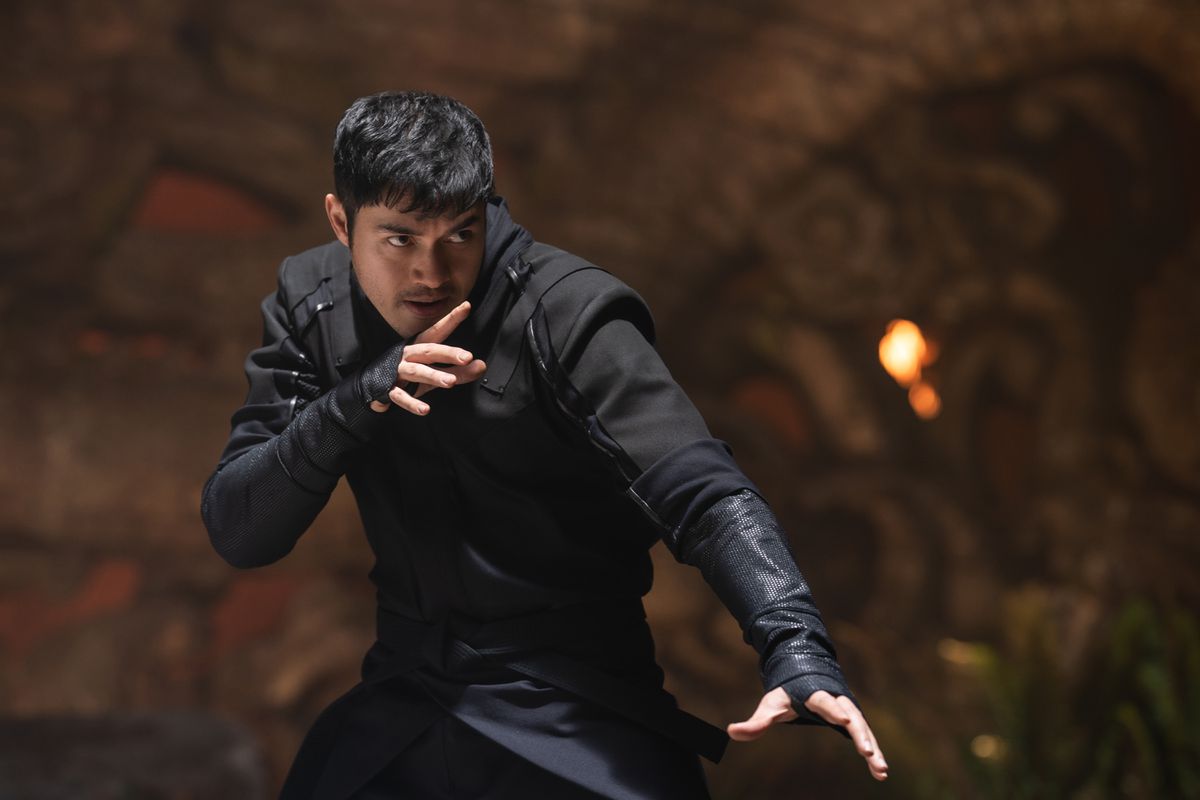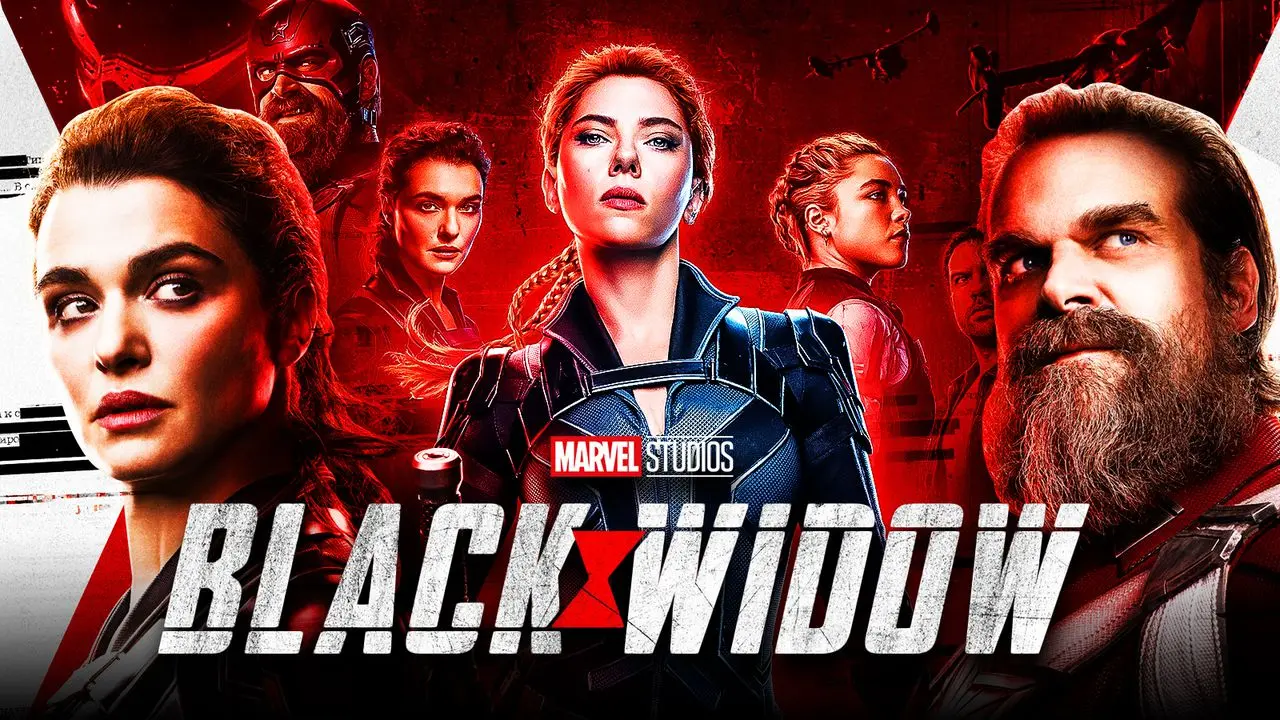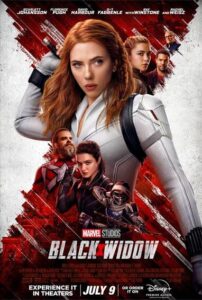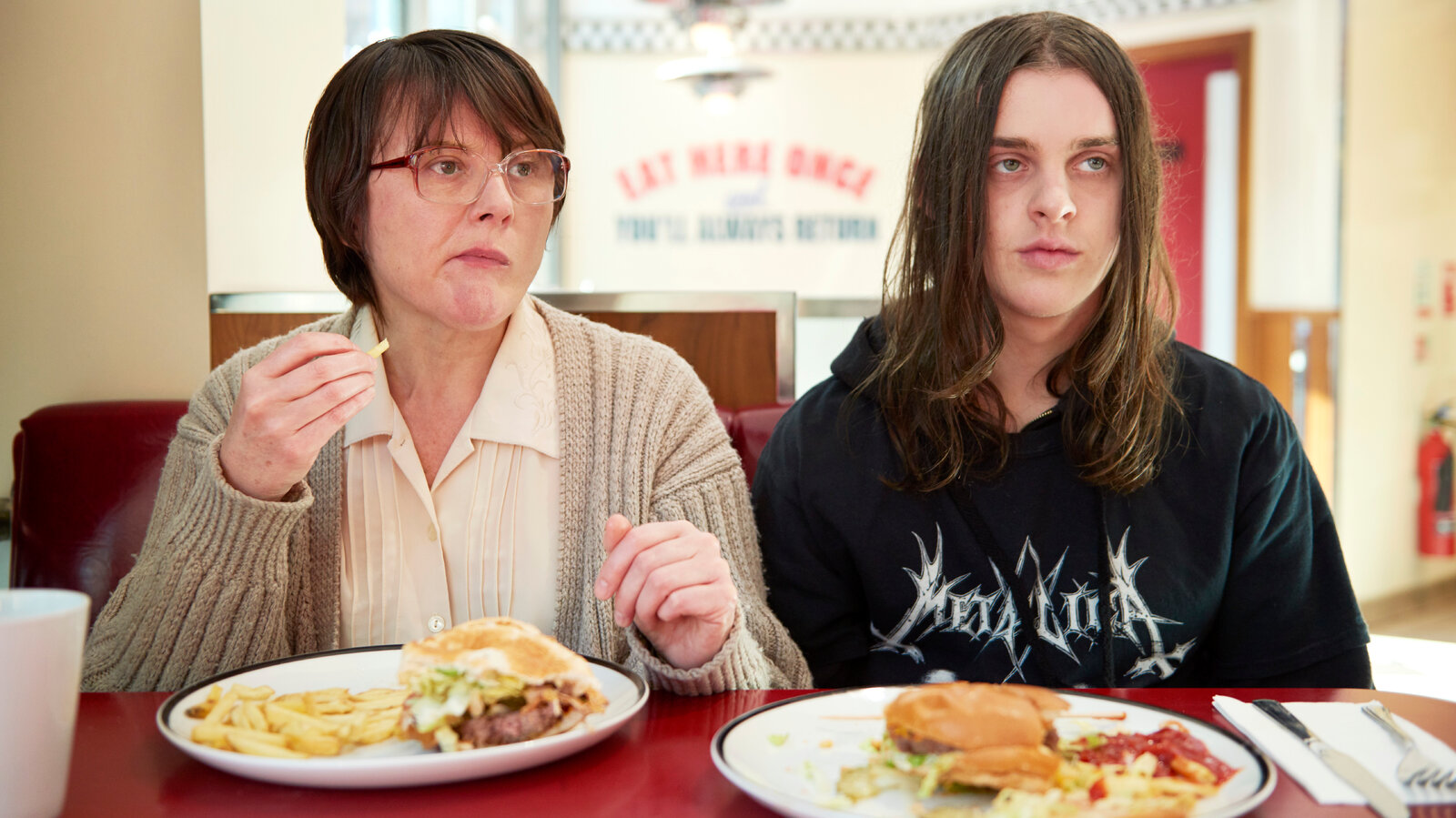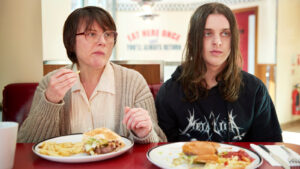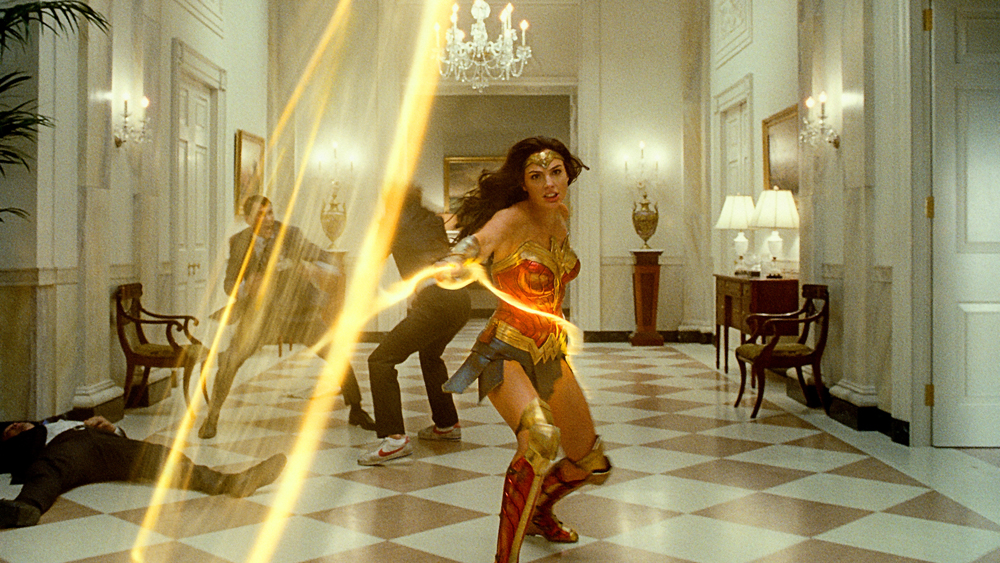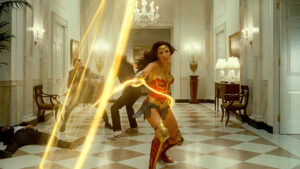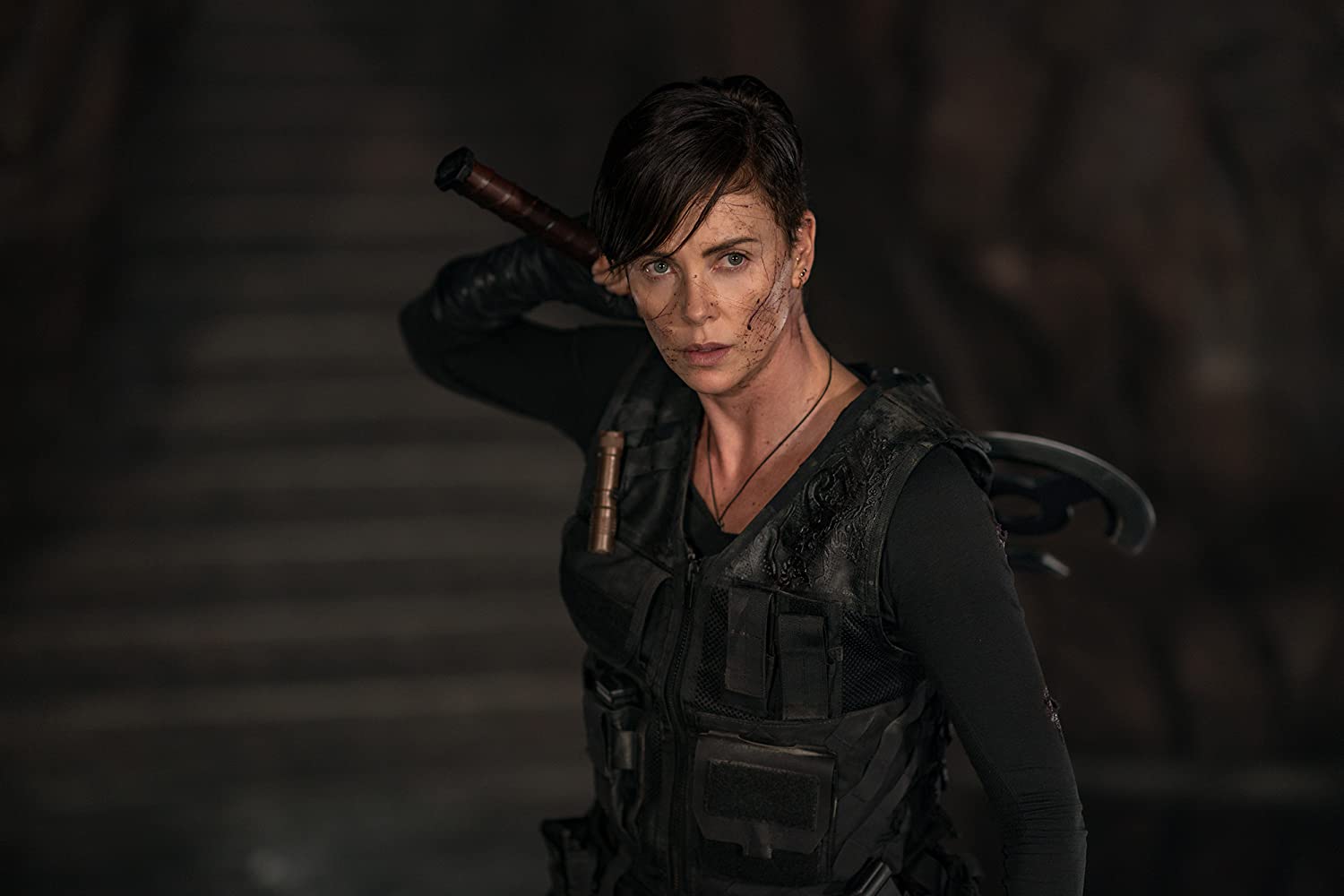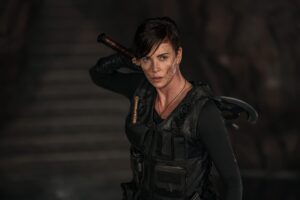Snake Eyes: G.I. Joe Origins
Posted on July 22, 2021 at 5:23 pm
B| Lowest Recommended Age: | High School |
| MPAA Rating: | Rated PG-13 (Sequences of Strong Violence|Brief Strong Language) |
| Profanity: | Some strong language, one f-word |
| Alcohol/ Drugs: | None |
| Violence/ Scariness: | Extended , intense, sometimes graphic violence, martial arts, guns, swords, hand-to-hand combat, fire, many characters injured and killed including a child seeing his father murdered |
| Diversity Issues: | Diverse characters |
| Date Released to Theaters: | July 23, 2021 |
| Date Released to DVD: | October 18, 2021 |
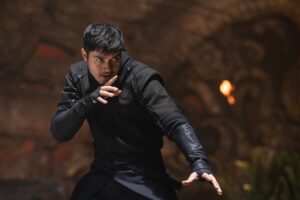
“20 years ago, Washington State” we are told as the movie begins with a young boy and his dad walking through the woods. “Is there a safe in the house?” the boy asks. He overheard his father saying something about a safe house, referring to a cabin where they were staying. But it was not a safe house. Bad guys arrive and kill the boy’s father after forcing him to roll the dice for his life. They came up with two ones: snake eyes. The boy is left alone.
We then move to present day, when the fighter only known as Snake Eyes is in the middle of a no-holds-barred underground bout. Henry Golding (“Crazy Rich Asians”) takes over for Ray Park, who played Snake Eyes in the previous “G.I. Joe” movies. After the fight, a man offers Snake Eyes a job with an offer he cannot refuse, the only thing he wants — the man who killed his father.
His new boss is a weapons smuggler. Things go very wrong, and he ends up saving the life of Tommy (Andrew Koji), the wealthy heir to the Arashikage family, a Japanese klan of ninjas. They escape together and in gratitude Tommy brings Snake Eyes to the Arashikage compound and says they will train him as a ninja — if he can pass three tests, administered by the Hard Master (Iko Uwais) and the Blind Master (Peter Mensah). If Snake Eyes does not pass, he will die.
The tests are among the films highlights, along with some wow-worthy chases and action sequences. The martial arts scenes are dynamic and a lot of fun, with split-second timing and astonishing skill. I also enjoyed the shifting loyalties, depending on the demands of the moment, and the other iconic G.I. Joe characters, Scarlett (a performance of verve and wit from Samara Weaving) and the Baroness (Úrsula Corberó having a lot of fun).
Notice I did not mention the acting or the dialogue, neither of which are worth mentioning. There are some fortune cookie-isms like “If your heart is pure, our secrets will reveal themselves to you.” And I am not persuaded that the G.I. Joe-iverse can match the range of the MCU. But when it comes to summer action blockbusters, this one does the trick.
Parents should know that this is a very violent film with many characters injured and killed, featuring martial arts, guns, swords, fire, chases and explosions. It is what is called “action violence,” meaning not much gore or graphic images. A child witnesses the murder of his parent. There is brief strong language (one f-word).
Family discussion: How did the characters decide what their loyalties were? What did Snake Eyes learn from the first two tests? Do you agree with Sen’s decision about Tommy?
If you like this, try: the G.I. Joe movies and comics

